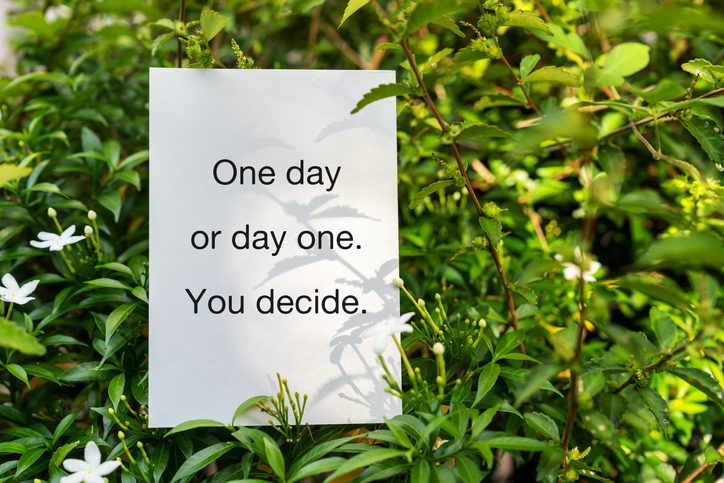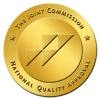If you are in addiction recovery, you know the dangers of relapse. Addiction is considered a chronic brain disease, and relapse rates are high, at least 40-60%. While it can be easy to look at relapse as a failure, that is neither an accurate nor helpful viewpoint. For many, many people, relapse is part of their recovery journey, and it can happen at any time, no matter how long a person has maintained sobriety.
A more helpful way to look at relapse is as a new beginning. You’re not starting over from ground zero; you’re starting from a new place, with ever-increasing knowledge and resources to call upon.
Relapse Guilt Keeps People From Seeking Treatment
Unfortunately, many people who relapse give up on recovery permanently. Sobriety is impossible for me. Treatment obviously didn’t work the first time, so why would it work this time? I’m a hopeless case. Negative self-talk like this just sends a person down a spiral of guilt and shame that can be hard to resist. It’s easier to use substances than to not use them, and why bother trying so hard when you’re doomed to failure?
But are you? Statistics would say otherwise. According to a 2018 study published by the Centers for Disease Control (CDC), “More than 1 in 10 adults (27.5 million) in the U.S. reported ever having a substance use problem, and, among those with a problem, nearly 75% (20.5 million) reported being in recovery.”
In other words, most people who struggle with substance use disorder overcome it and go on to enjoy full lives in recovery. And, according to the study, associated with being in recovery was having received treatment for the substance use disorder. Treatment works. It may take more than one round (just like it would for other chronic diseases), but the effort and time are well worth the payoff.
What Will Treatment After Relapse Look Like?
If you decide to return to treatment after relapse, it will look much the same as before. You’ll discuss with your treatment team which form of treatment will be better for you: inpatient or outpatient. You’ll participate in individual and group therapy, psychoeducation, relapse prevention, and holistic therapy. You’ll address co-occurring mental health disorders.
The difference is that this time you’ll be coming into treatment with much more experience and self-awareness. You know that sobriety is possible and that you’ve done it. You’ll know the nuances of what triggers you to use again. This will enrich your experience in therapy, as you’ll be better able to determine what led to your relapse and how to adjust your lifestyle and recovery support resources to better meet your needs.
Life Post-Treatment, Take Two (or Three or Four…)
Returning home again after treatment, you’ll be more aware of what changes you need to make to keep your sobriety steady. Maybe you’ve known for some time that you need to address some serious relationship issues but have found excuses to avoid that effort. Now you know that you can’t ignore the problems any longer–your life is at stake.
Maybe you know that you need to rethink your job–that work stress is a major trigger for you. You’ll be more energized to make changes after returning from treatment. Or maybe you’ve learned that your last relapse was preceded by the feeling of overconfidence. This time, you know how important it is to continue your recovery activities even when you’re feeling good. Go to meetings, go to therapy appointments, keep your body healthy.
Maybe this time you’ll be inspired to give back in recovery, realizing that doing so will help you stay motivated. You can volunteer to help at your recovery meetings, or you can volunteer in your community.
Relapsed More than Once? You’re Not Alone
If after your second (or third, or fourth) round of treatment, you relapse again, you’re surely a hopeless case, right? Of course not. What you’re attempting to do requires major lifestyle changes that most people would not be willing to consider. Just think of how many people break their diets, over and over again. Change is hard. We move forward, then fall back, move forward a little more, fall back again, move forward, etc. With each move forward, you’re getting further than you were before. With each fall back, you learn something new about yourself. You deepen your understanding of what is necessary. Hopefully, you start to want sobriety for yourself–not for anyone else. You choose sobriety not because you should but because you want to. Because it feels good.
Treatment for Relapse at Eagle View
If you or a loved one has relapsed or is in danger of relapse, reach out to our team at Eagle View. We help adults of all ages heal and move forward. Our compassionate team will help you evaluate what went well and when the shift toward relapse began and why. We will equip you with the tools you need to return to sobriety with confidence and hope. Contact our Bettendorf, IA, facility today.






